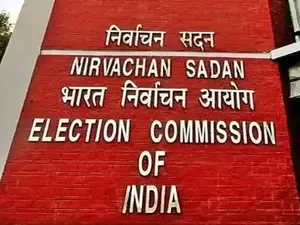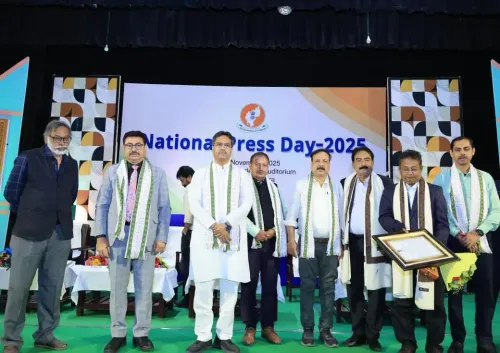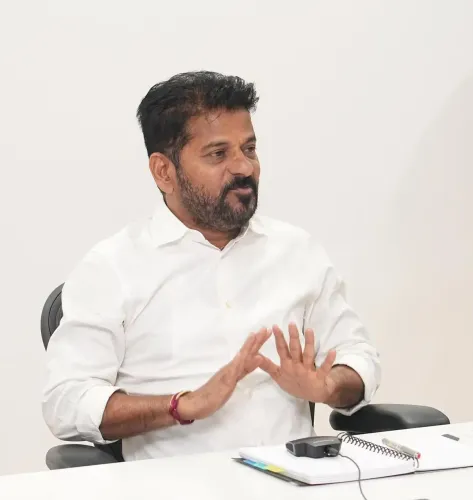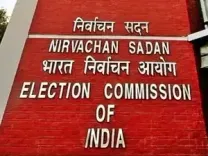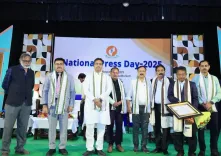Is Bihar SIR All About the Democratic Process?
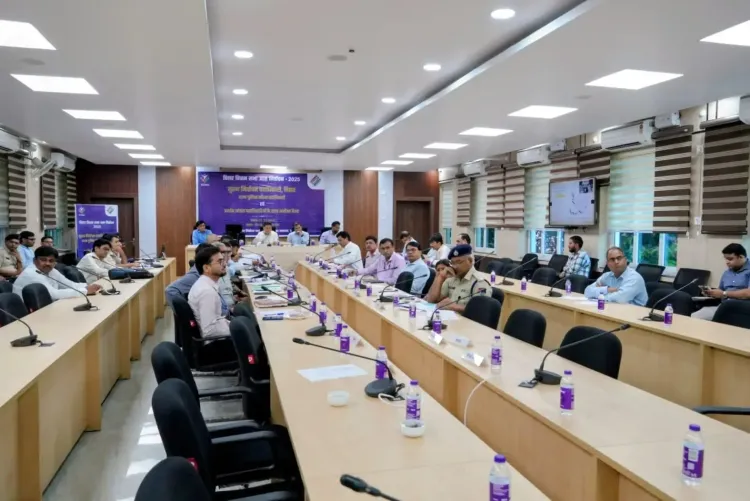
Synopsis
Key Takeaways
- The SIR process is under legal scrutiny.
- Electoral integrity is crucial for democracy.
- Criticism highlights concerns over mass deletions.
- Legal appeals are available for dissatisfied voters.
- Frequent revisions aim to maintain accurate electoral rolls.
New Delhi, Oct 1 (NationPress) Since the Election Commission of India (ECI) initiated the Special Intensive Revision (SIR) of electoral rolls in Bihar, there has been significant turmoil, culminating in the matter being escalated to the Supreme Court for resolution. The electoral body has steadfastly adhered to the procedural guidelines, facing numerous criticisms, and on Tuesday, September 30, publicly released copies of the Bihar electoral roll.
Throughout this process, the ECI has consistently updated its progress on its official website. Currently, individuals wishing to have their names added to the list can submit applications up to 10 days prior to the deadline for filing nominations for the upcoming elections.
The schedule for the Bihar Assembly elections is anticipated to be announced by the end of next week. The ECI has also made it clear that individuals who are dissatisfied with any decision regarding their entry in the list can file a first appeal with the District Magistrate and a second appeal with the state’s Chief Electoral Officer, as provided under Section 24 of The Representation of the People Act, 1950.
Despite this, critics continue to associate the SIR with allegations of “vote theft,” claiming that mass deletions have occurred without following due process.
This is not the first instance where an autonomous constitutional authority like the ECI has faced criticism. There have been previous occasions where the electoral body and the ruling party have been accused of collusion.
Allegations have even included the alleged misuse of Electronic Voting Machines (EVM). However, this time, the battle seems to be fiercer than ever. Since the preparations for India’s first general election, SIRs have been conducted over a dozen times to purify the electoral rolls of ineligible, duplicate, or deceased voters.
Section 21(2) of The Representation of the People Act, 1950 mandates that “unless otherwise directed by” the ECI, the electoral roll “must be revised in the prescribed manner” before elections and bye-elections. It also states that this roll “shall be revised in any year in the prescribed manner by reference to the qualifying date if such revision has been directed by the Election Commission…”
Furthermore, Section 21(3) of the R P Act allows the ECI to “direct a special revision of the electoral roll for any constituency or part of a constituency at any time, for reasons to be recorded, in a manner it deems fit…”
Moreover, the ECI’s Manual on Electoral Rolls (March 2023) explains that “special revision of intensive nature” is distinct from the ‘intensive revision’ defined in the statutes, as it involves enumerators conducting house-to-house verification with a working copy containing details of existing electors and space for corrections, as well as capturing information about newly eligible individuals.
In 2003, intensive revision took place in 7 states, while the remaining states underwent special summary revision, and in 2004, a special summary revision was implemented nationwide.
Additionally, it states, “Under this form of revision, the Election Commission can modify existing procedures to suit specific circumstances.”
Nevertheless, the electoral roll revision in Bihar through SIR has sparked a wave of allegations, resulting in protests, a Parliament impasse, and court petitions, despite the process following established norms.

